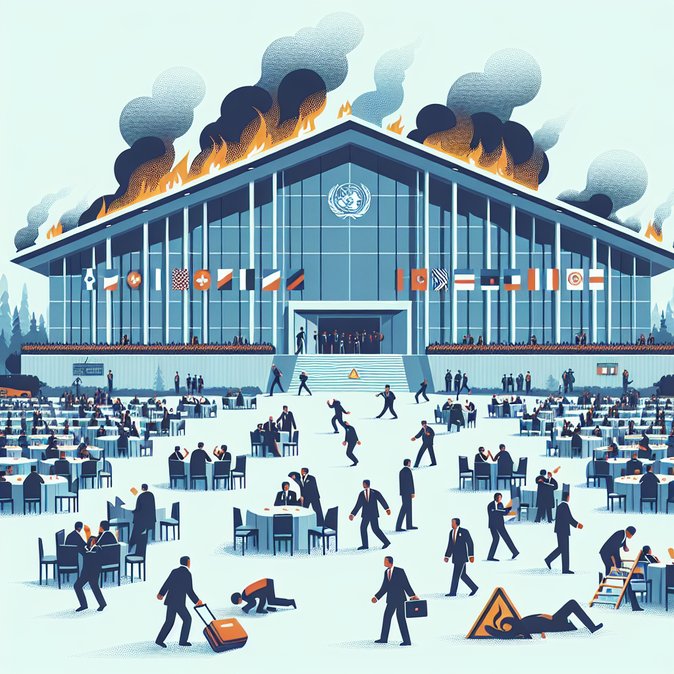
A fresh bout of operational turbulence hit South America’s busiest bilateral market on 18–19 November as LATAM, GOL, Flybondi and Aerolíneas Argentinas racked up over 200 delays and 16 outright cancellations on routes linking São Paulo, Brasília and Buenos Aires. According to airport-movement data compiled by trip-support firm VisaHQ, average departure delays at São Paulo/Guarulhos reached 76 minutes, while early-morning storms at Viracopos airport triggered 22 aircraft holding for slots.
Airlines blamed the disruption on a perfect storm of crew-roster shortages, knock-on weather delays and grounded aircraft awaiting spare parts amid global supply-chain tensions. The timing is awkward for corporate travellers shuttling between the two Mercosur economies in the lead-up to year-end budgeting rounds and post-COP30 debriefs.
![Staffing Shortfalls Cause More Than 200 Flight Delays on Brazil-Argentina Business Corridor]()
Travel-risk consultants report a spike in duty-of-care incidents as travellers missed onward connections to Santiago, Bogotá and Madrid. Multinationals are instructing assignees to build longer layovers into itineraries and to avoid tight same-day meeting schedules. Insurers note that some policies require a minimum four-hour delay before benefits such as hotel coverage kick in—a threshold exceeded by roughly one-third of the affected flights.
Brazil’s National Civil Aviation Agency (ANAC) has asked carriers to submit contingency rosters ahead of the December holiday peak. Meanwhile, ground-handling unions in Argentina are threatening a four-hour work stoppage next week if salary negotiations stall, which could further unsettle schedules. Mobility managers should monitor carrier alerts, consider backup routings via Porto Alegre or Córdoba, and remind travellers to keep boarding passes and delay certificates for reimbursement claims.
Airlines blamed the disruption on a perfect storm of crew-roster shortages, knock-on weather delays and grounded aircraft awaiting spare parts amid global supply-chain tensions. The timing is awkward for corporate travellers shuttling between the two Mercosur economies in the lead-up to year-end budgeting rounds and post-COP30 debriefs.

Travel-risk consultants report a spike in duty-of-care incidents as travellers missed onward connections to Santiago, Bogotá and Madrid. Multinationals are instructing assignees to build longer layovers into itineraries and to avoid tight same-day meeting schedules. Insurers note that some policies require a minimum four-hour delay before benefits such as hotel coverage kick in—a threshold exceeded by roughly one-third of the affected flights.
Brazil’s National Civil Aviation Agency (ANAC) has asked carriers to submit contingency rosters ahead of the December holiday peak. Meanwhile, ground-handling unions in Argentina are threatening a four-hour work stoppage next week if salary negotiations stall, which could further unsettle schedules. Mobility managers should monitor carrier alerts, consider backup routings via Porto Alegre or Córdoba, and remind travellers to keep boarding passes and delay certificates for reimbursement claims.


